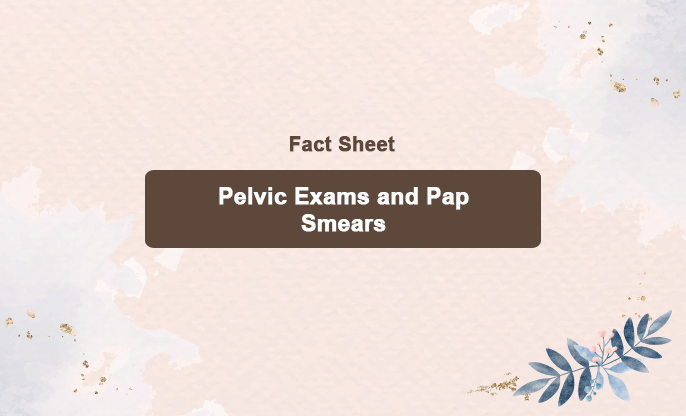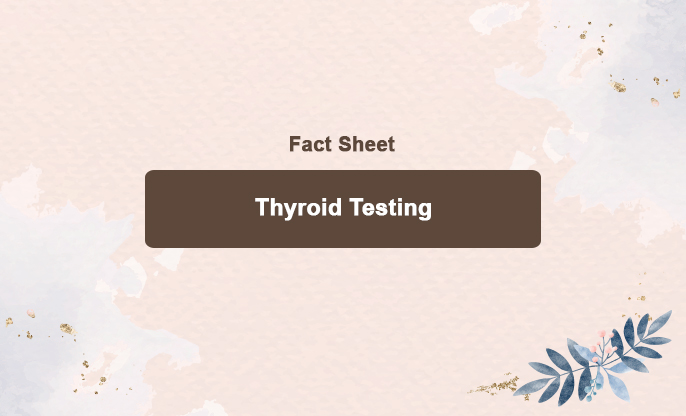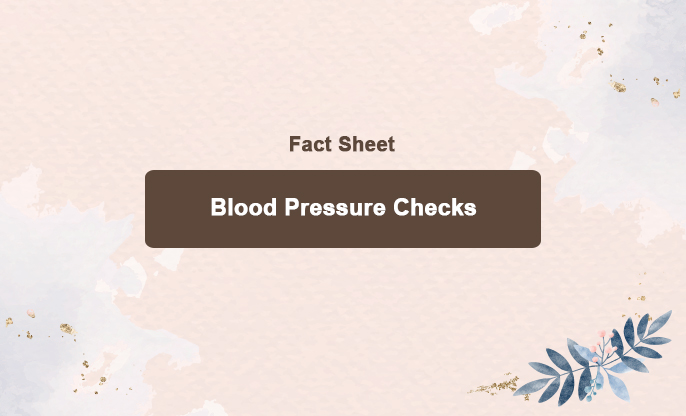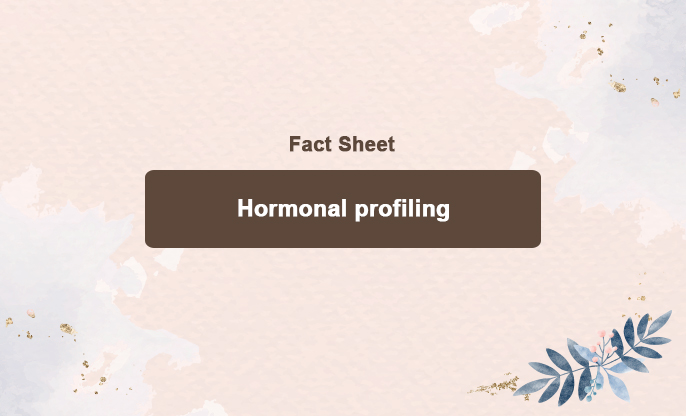
What is this test?
A pelvic exam is a physical examination of the pelvic organs, including the external genitals (vulva) and internal organs (vagina, cervix, and uterus).
It is one of several methods used to evaluate sexual and reproductive health and can be performed by an obstetrician-gynecologist (ob-gyn) or other healthcare professional.
A Pap smear is a procedure using a small brush to gently remove cells from the cervix and surrounding area for microscopic examination, checking for cervical cancer or precancerous changes. It can also detect infections and inflammation. Typically done during a pelvic exam, it may be combined with an HPV test. This procedure is also known as a Pap test or Papanicolaou test.
How is it done?
A pelvic exam typically consists of three parts:
Examination of the vulva: Your ob-gyn inspects your external genitalia.
Examination of the vagina and cervix: Your ob-gyn inserts a speculum into your vagina to hold the vaginal walls open. During this time, a Pap test (Pap smear) or an HPV test may be conducted if cervical cancer screening is needed.
Internal organ examination: After removing the speculum, your ob-gyn inserts one or two gloved fingers into your vagina while pressing on your abdomen with the other hand. This allows them to feel your internal organs, such as the uterus and ovaries.
Is this routine or specific?
Pelvic exams and Pap smears can be both routine screening tests and specific diagnostic tests, depending on the context.
Routine Screening Tests:
Pelvic Exams: Recommended as part of regular health check-ups for women. The frequency can vary based on age, health history, and risk factors, but generally, they are done annually.
Pap Smears: Typically recommended for women starting at age 21 and continuing every three years if results are normal. After age 30, they may be combined with HPV testing and done every five years if both tests are normal.
Specific Diagnostic Tests:
Pelvic Exams: Performed to diagnose specific symptoms such as pelvic pain, abnormal bleeding, or other reproductive health concerns.
Pap Smears: Conducted if there are symptoms like abnormal bleeding or if there was a previous abnormal Pap test result, to further investigate and monitor the condition.
When should it be done?
The frequency for pelvic exams and Pap smears can vary based on individual health factors and guidelines. Here’s a general overview:
Pelvic Exam:
Routine pelvic exams: Generally, it's recommended to have a pelvic exam once a year. However, if you’re asymptomatic and have no specific concerns, your doctor might suggest a different schedule based on your health needs.
Pap Smear:
Ages 21-29: Pap smears should be done every 3 years.
Ages 30-65: You can either have a Pap smear every 3 years or a Pap smear combined with an HPV test (co-testing) every 5 years. The choice might depend on your health history and doctor’s advice.
Over 65: If you have had regular screenings with normal results, you might not need further Pap smears. Your doctor will give personalized recommendations based on your history.
What do the results indicate or eliminate?
Pelvic Exam:
Indicates: The pelvic exam can help detect abnormalities in the reproductive organs, such as lumps, pain, or unusual discharge. It can also help identify issues like pelvic inflammatory disease (PID), fibroids, or ovarian cysts.
Eliminates: A pelvic exam can help rule out certain conditions or abnormalities, but it cannot definitively diagnose many specific issues on its own. Additional tests or imaging may be needed for a definitive diagnosis.
Pap Smear (Pap Test):
Indicates: A Pap smear screens for cervical cell changes that might lead to cervical cancer. It can detect pre-cancerous cells or early-stage cervical cancer.
Eliminates: A normal Pap smear result usually indicates that there are no abnormal or pre-cancerous cells present. However, it does not test for all types of cervical cancer or other conditions, so follow-up tests may be needed if abnormalities are detected.



















